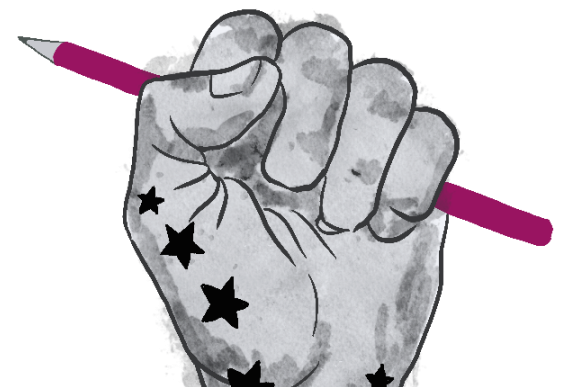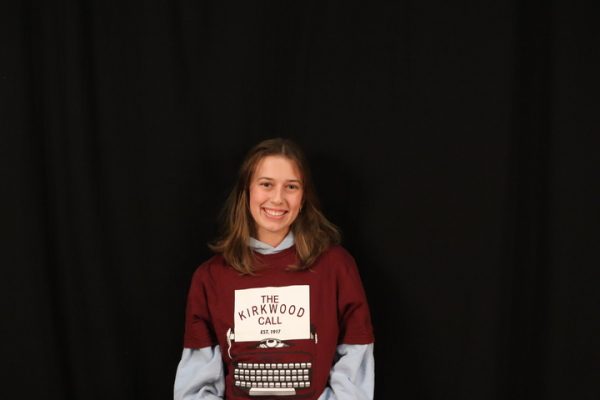It’s the middle of a school day and she is in her math class. The teacher writes a problem on the board and asks for volunteers to solve it. She raises her hand and answers the question wrong. One of the guys in the back of the class laughs and calls her “Mary.” Later, when she gets the question right, he calls her “Brian.” Although this story is fictitious, similar scenarios of double standards are a common theme in the movie “Moxie.” This movie creates awareness around the issue of sexism in today’s high schools. It encourages people at school to speak up about their experiences with sexism, targeted dress coding and sexual assault.
Amy Barker, English teacher, said she experienced sexism in a similar situation while in high school. She said her Honors Algebra II teacher would call a guy named Chris, Christine, when he answered the question wrong. Similar to “Moxie”, Ashley Luther, English teacher, shares her experiences with sexism in high school.
“One of the major memories that comes to mind is when I was running for president of our thespian society,” Luther said. “I was told I should be secretary rather than run for president so I could give the senior boys a chance to be president.”
A similar situation evolves in “Moxie” when the jock, Mitchell, wins an athletic scholarship over the soccer team captain, Kiera, because she is a girl.
Problems like double standards became a serious issue at KHS in 2014, so Barker sponsored a club called The Coalition to fight against these problems and create an effective solution.
“There were a lot of young women who were concerned about sexual harassment and sexual assault,” Barker said. “They were concerned [they weren’t] being treated 100% like human beings so they wanted to form a club and I agreed to it.”
She said one of the main problems the club tackled was the perceived targeting of the dress code. The dress code included gender-specific restrictions like: “girls may not wear” and “boys may not wear.” The Coalition met with administration, asked questions about why it’s in place, and requested a proposal with what they wanted to see changed in the dress code.
“It’s really important for me to help people in the younger generation see that people may tell you this is what women are, but you don’t have to listen to that,” Barker said. “You listen to who you are and what you want and what you see for yourself, and who cares if someone says you can’t do that, you can still do it.”
Molly Browne, senior, describes the experiences with sexism she’s had as “micro aggressions.” She talks about her experiences with sexism throughout high school.
“Once people see [women] showing a little bit of emotion it’s like ‘oh my god she’s being so dramatic, she’s so crazy, she’s emotional, we can’t trust her’ like men are expected not to show any emotion, but then it’s classic women showing all of her emotions,” Browne said. “It’s hard to break down big systems like that, like sexism as a system, racism as a system are hard things to break down.”
Barker said organizations like The Coalition are very important to have your voice heard.
“A lot of times, we think we are the only person dealing with something, Barker said. “When you can join an organization, it’s not just you, and when you work together, you can do amazing things. I’m actually up for it if somebody wants to restart [The Coalition].”










